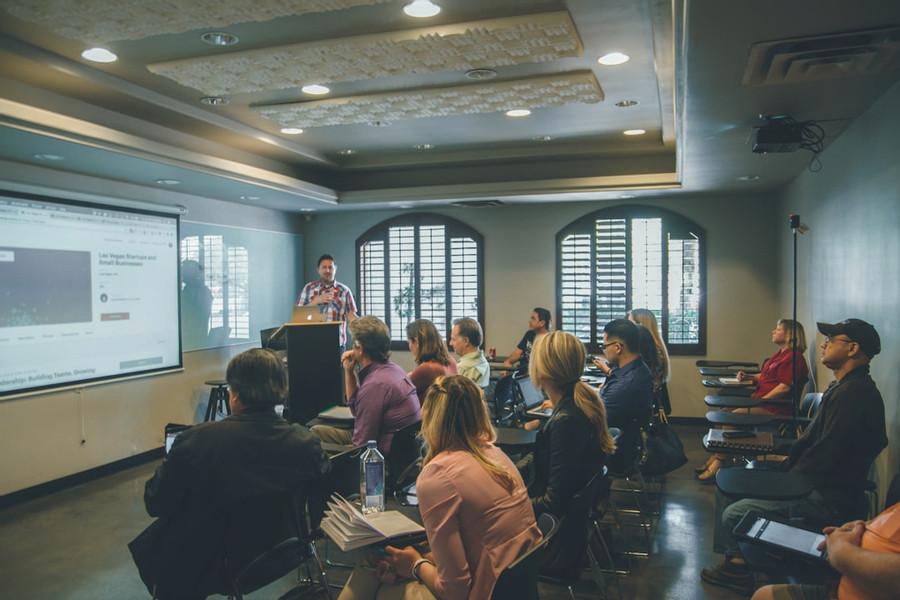Explore the World's Best Ideas
Join today and uncover 100+ curated journeys from 50+ topics. Unlock access to our mobile app with extensive features.
The Not-So-Measurable Science
As we marvel at the impact that science and technology have had in our world, it is too easy to forget about the remarkable progress of the social sciences.
The field of psychology has been a fantastic asset to humankind since it began. From that time forward, we’ve grown to bolster our understanding of the human mind and its workings. We now know the importance of maintaining good mental health and how it affects our society overall. Most importantly, we realize that there’s much more to learn.
13
47 reads
Socioemotional Selectivity Theory
Socioemotional Selectivity Theory focuses on the positive benefits of ageing. The theory is based on the notion that humans modify their goals as they get older because of their unique ability to understand and perceive time.
When people are younger, they view time as an open-ended entity. They prioritize goals based on the future, such as travelling or getting a graduate degree.
However, when we grow older, we begin to see time as a limitation. Our goals tend to become much more focused on emotional gratification and the present day. Thus, older people seek out more meaningful experiences.
14
49 reads
Elaboration Likelihood Model
The Elaboration Likelihood Model is a theory that seeks to explain why people are persuaded to change their views about certain topics.
The primary concept of this theory lies in understanding the function of elaboration. Whenever elaboration reaches a higher level, people are more apt to think things over carefully than with lower levels of elaboration, where they might decide quicker with less thought.
It states that minds can be changed through greater elaboration, but the real challenge is if they are motivated to listen.
15
48 reads
Mere Exposure Effect
His hypothesis simply stated that when people were exposed to something regularly, they would eventually come to like that thing. Zajonc emphasized that people didn’t even need a positive outcome or reward about an object — only its mere exposure was enough.
16
47 reads
Zeigarnik Effect
During the 1920s, a Russian psychologist named Bluma Zeigarnik noticed something while sitting in a Vietnamese diner. She observed that waiters could easily remember those orders for customers who had not received and paid for their food. Yet, after the food was served and the check was paid, the waiters couldn’t seem to remember anything about the orders.
This resulted in a series of studies that proved that we remember stuff more if it is unfinished.
17
44 reads
Recency Effect
The Recency Effect was discussed in a 1962 paper by a psychologist named Bennet Murdock. Murdock discovered that the probability of a remembered word was dependent upon where it was positioned in the list. He learned that the list’s first few words were remembered pretty well, which is called the Primacy Effect.
After this, the likelihood of remembering the word dropped drastically — yet it increased again for the last eight words on the list. In the end, the last few words on the list had the highest likelihood of being remembered — giving birth to the Recency Effect.
15
36 reads
Proximal Development Zones
Russian psychologist Lev Vygotsky believed that standardized tests were inadequate in assessing a child’s learning readiness. While a certain amount of knowledge is naturally gained from exposure and maturity, other knowledge depends on the social interaction with a teacher or mentor.
Vygotsky contended that these zones provide students with the best chance of mastering new knowledge. Thus, a student’s learning process should always take place within these proximal development zones.
13
39 reads
IDEAS CURATED BY
CURATOR'S NOTE
This is Psychology 101
“
Vanilla Eyes's ideas are part of this journey:
Learn more about psychology with this collection
How to communicate effectively with teachers
How to create a supportive learning environment at home
How to manage your child's school schedule and activities
Related collections
Similar ideas
Read & Learn
20x Faster
without
deepstash
with
deepstash
with
deepstash
Personalized microlearning
—
100+ Learning Journeys
—
Access to 200,000+ ideas
—
Access to the mobile app
—
Unlimited idea saving
—
—
Unlimited history
—
—
Unlimited listening to ideas
—
—
Downloading & offline access
—
—
Supercharge your mind with one idea per day
Enter your email and spend 1 minute every day to learn something new.
I agree to receive email updates







